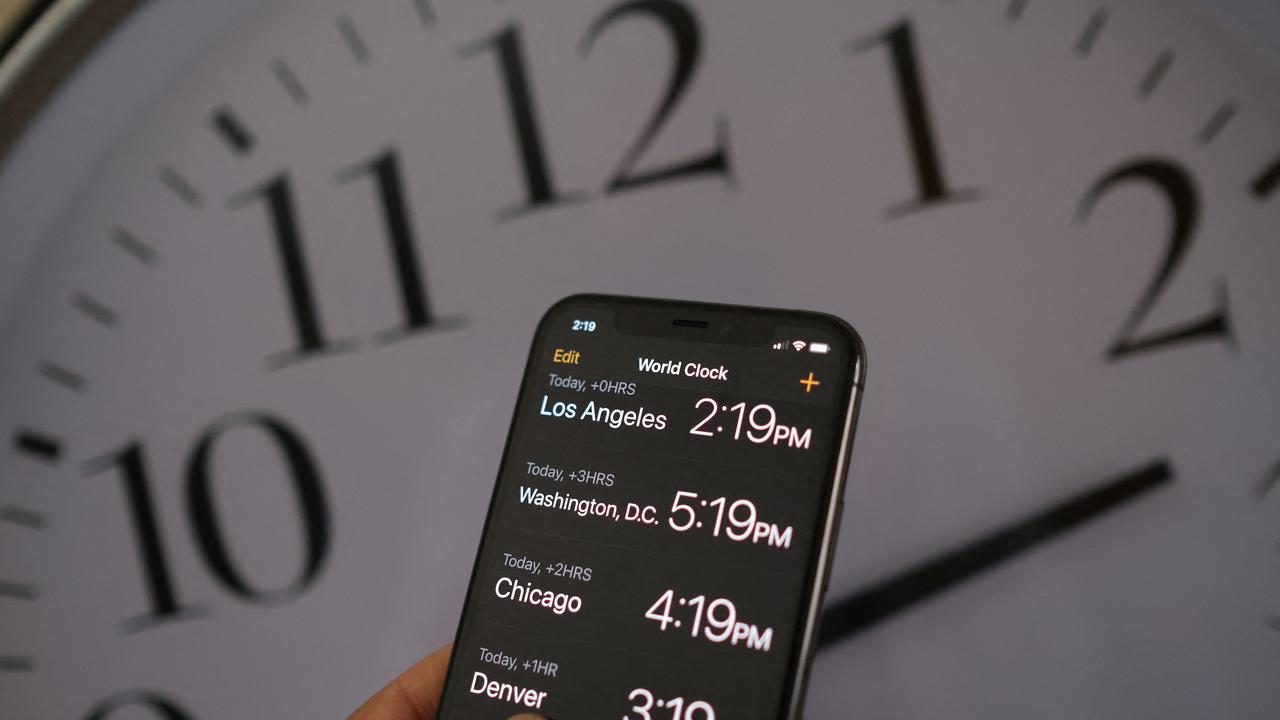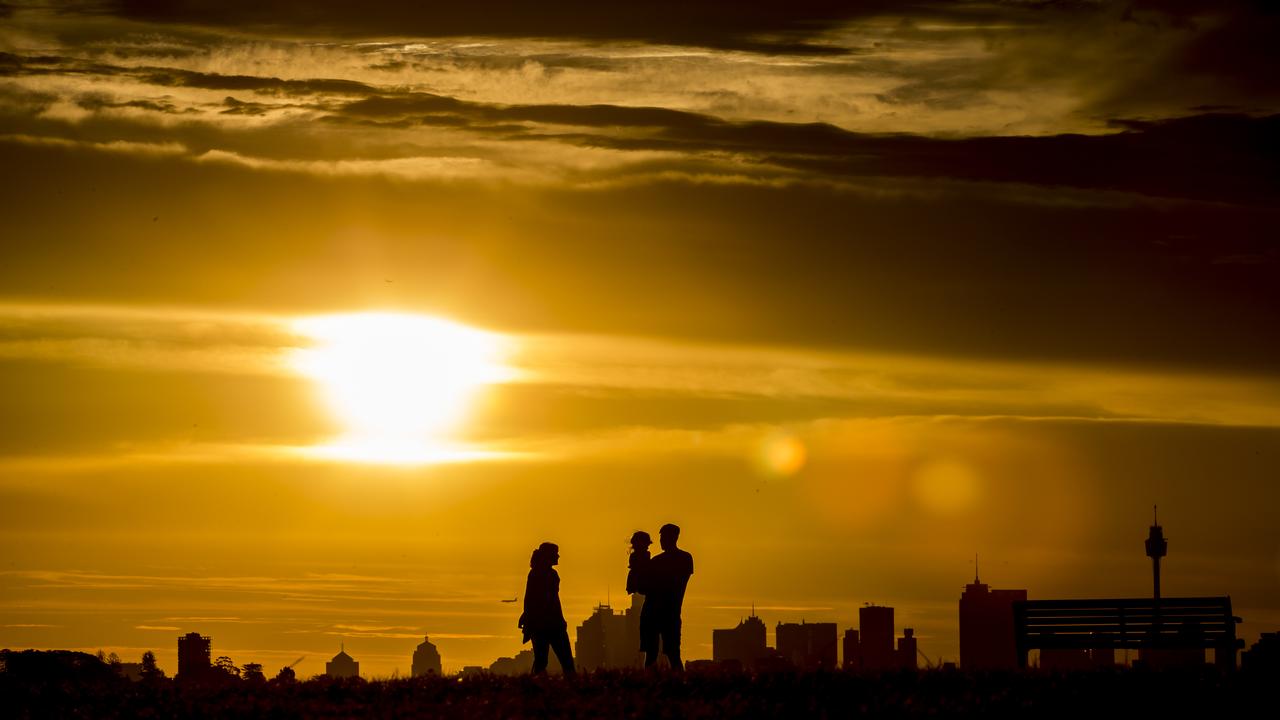Dangers of daylight saving include mental health impacts
As most of the country prepares to wind back the clocks, an expert has outlined how dangerous daylight saying is for your health.

While most of Australia prepares to wind back the clocks, the dangers of daylight saving, including mental health risks, have been outlined by an expert.
On the first Sunday of April, officially at 3am, most Australians will wind back their clocks an hour as daylight saving ends for another few months.
Monash University associate professor Sean Cain explained to news.com.au’s Have I Got News For You podcast that daylight saving is a dangerous practice.

“I would definitely say it is bad,” he said.
“I would say it‘s dangerous. It’s not like you switch over (to daylight saving) and people will drop dead. So it’s not that level of danger, it’s just an extra bit of unhealthiness that you don’t need in general, at a population level, these little changes, these little vulnerabilities add up.”
He explained that chronic illness, mental health often worsened when the clocks were changed.
The professor said this is due to the tinkering with the body’s circadian rhythms – which is your body’s natural sleep cycle.
“It is quite obvious to everyone why it‘s bad if it’s used year long,” he said.
“For one thing, you will see, more illness, more chronic illness, more sleep problems, more mental health problems where it is used. It‘s like having a little bit of jet lag everyday.“

Queensland and Western Australia are the only states to not implement the practice in Australia.
However, there is a recurring debate about the matter in the Sunshine State – which Brisbane Lord Mayor Adriann Schrinner has started again.
He has suggested there be a referendum put in place within the next two years.
Daylight saving began, almost bizarrely, in Australia.
It was first introduced as a temporary measure during World War One and World War Two.
The practice was seen as a way of conserving energy and extending the working day during the war efforts.
In 1967, Tasmania became the first state in Australia to make the move permanent, before other states tried the process. By the early 70s Victoria, New South Wales, the ACT and South Australia had adopted daylight saving.





